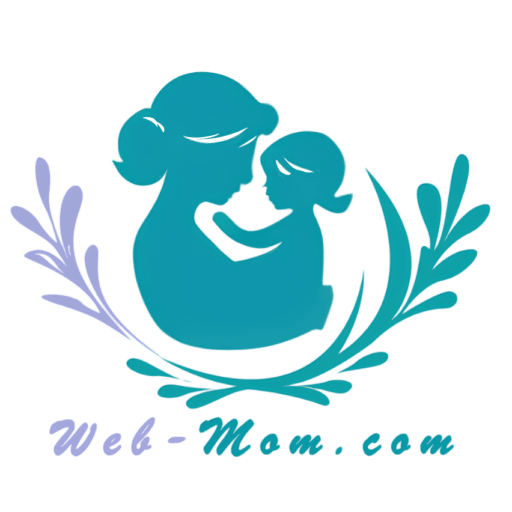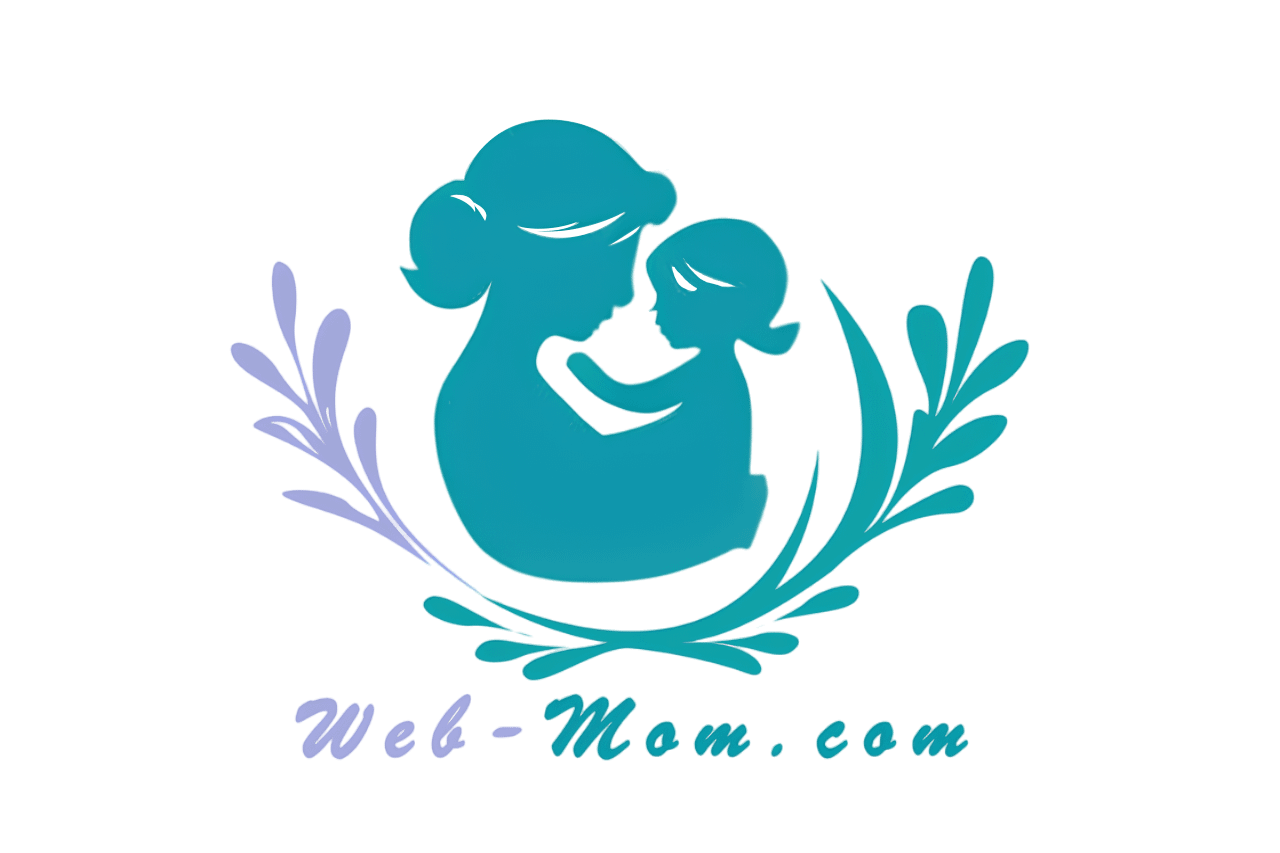
WEB MOM – Welcoming a new baby into your life is a joyous and transformative experience. However, it can also bring about significant emotional and psychological changes. Post-pregnancy depression, also known as postpartum depression (PPD), is a serious condition that affects many new mothers. At Web-Mom.com, we aim to provide you with practical strategies and resources to help prevent post-pregnancy depression and ensure a healthy and fulfilling transition to motherhood.
“Learn how to prevent post-pregnancy depression on Web-Mom.com. Discover practical strategies, self-care tips, and support resources to help you navigate the emotional challenges of new motherhood.”
In this article, we will explore the causes and risk factors of postpartum depression, practical strategies for prevention, self-care tips, the importance of support systems, and professional resources to help you manage your mental health during this critical period.
Understanding Postpartum Depression
What is Postpartum Depression?
Postpartum depression is a type of depression that can occur after childbirth. It involves emotional, physical, and behavioral changes that can affect a new mother’s ability to care for herself and her baby. Here’s what you need to know:
- Emotional Changes: Persistent sadness, anxiety, and mood swings.
- Physical Changes: Fatigue, changes in appetite, and sleep disturbances.
- Behavioral Changes: Difficulty bonding with the baby, withdrawal from family and friends, and loss of interest in activities.
Causes and Risk Factors
Common Causes
Postpartum depression can be caused by a combination of factors, including:
- Hormonal Changes: Rapid changes in hormones after childbirth can contribute to mood swings and depression.
- Physical Changes: The physical and emotional demands of childbirth and caring for a newborn can be overwhelming.
- Emotional Factors: Feelings of inadequacy, loss of identity, and fear of being a bad mother can contribute to depression.
Risk Factors
Certain factors can increase the risk of developing postpartum depression, including:
- History of Depression: A personal or family history of depression or other mental health disorders.
- Lack of Support: Limited support from family and friends.
- Stressful Life Events: Major life changes, financial stress, or relationship problems.
- Complications During Birth: Traumatic childbirth experiences or complications.
Practical Strategies for Prevention
Prioritize Self-Care
Taking care of yourself is essential for preventing post pregnancy Depression. Here’s how to prioritize self-care:
- Rest and Sleep: Ensure you get enough rest and sleep. Take naps when the baby sleeps and ask for help with nighttime feedings.
- Balanced Diet: Eat a balanced diet rich in nutrients to support your physical and mental health.
- Physical Activity: Engage in regular physical activity, such as walking, yoga, or postpartum exercise classes.
- Hydration: Drink plenty of water to stay hydrated and maintain your energy levels.
Manage Stress
Managing stress is crucial for maintaining your mental health. Here are some effective stress management techniques:
- Relaxation Techniques: Practice relaxation techniques such as deep breathing, meditation, and progressive muscle relaxation.
- Time Management: Organize your daily tasks and prioritize activities that are important to you.
- Set Realistic Expectations: Set realistic expectations for yourself and avoid putting too much pressure on being a perfect parent.
Importance of Support Systems
Building a Support Network
Having a strong support network can make a significant difference in preventing postpartum depression. Here’s how to build one:
- Family and Friends: Reach out to family members and friends for emotional and practical support.
- Support Groups: Join local or online support groups for new mothers to share experiences and advice.
- Professional Support: Seek support from healthcare providers, lactation consultants, and mental health professionals.
Communicate Your Needs
Communicating your needs is essential for receiving the support you need. Here’s how to do it:
- Be Honest: Be honest about your feelings and experiences with your support network.
- Ask for Help: Don’t hesitate to ask for help with childcare, household tasks, or emotional support.
- Set Boundaries: Set boundaries to ensure you have time for self-care and rest.
Self-Care Tips
Focus on Mental Health
Taking care of your mental health is crucial for preventing postpartum depression. Here are some tips:
- Mindfulness: Practice mindfulness to stay present and reduce anxiety.
- Positive Affirmations: Use positive affirmations to boost your self-esteem and confidence.
- Limit Social Media: Limit your time on social media to avoid comparison and negative feelings.
Bonding with Your Baby
Bonding with your baby can help prevent postpartum depression. Here’s how to strengthen your bond:
- Skin-to-Skin Contact: Spend time holding your baby skin-to-skin to promote bonding and emotional connection.
- Breastfeeding: Breastfeeding can help release oxytocin, a hormone that promotes bonding and reduces stress.
- Interactive Play: Engage in interactive play, such as talking, singing, and reading to your baby.
Professional Resources
Seek Professional Help
If you are experiencing symptoms of postpartum depression, it’s important to seek professional help. Here’s where to start:
- Healthcare Provider: Talk to your healthcare provider about your symptoms and concerns.
- Therapist or Counselor: Seek therapy or counseling from a licensed mental health professional.
- Support Services: Utilize support services such as postpartum support groups and hotlines.
Medication and Therapy
In some cases, medication and therapy may be necessary to manage postpartum depression. Here’s what to consider:
- Medication: Antidepressant medications may be prescribed by your healthcare provider to help manage symptoms.
- Therapy: Therapy, such as cognitive-behavioral therapy (CBT) or interpersonal therapy (IPT), can help you develop coping strategies and address underlying issues.
Conclusion
Preventing post pregnancy depression or postpartum depression is crucial for ensuring a healthy and fulfilling transition to motherhood. At Web-Mom.com, we hope this comprehensive guide provides you with practical strategies, self-care tips, and support resources to help you navigate the emotional challenges of new motherhood. By prioritizing self-care, managing stress, building a support network, and seeking professional help when needed, you can reduce your risk of postpartum depression and enjoy this special time with your baby.
Remember, every mother’s experience is unique, and it’s important to find the resources and strategies that work best for you. Thank you for visiting Web-Mom.com. We hope you find our articles helpful and inspiring as you embrace the joys and challenges of motherhood.
F.A.Q.
1. What is postpartum depression?
Postpartum depression is a type of depression that can occur after childbirth, involving emotional, physical, and behavioral changes that affect a new mother’s ability to care for herself and her baby.
2. What are the common symptoms of postpartum depression?
Common symptoms include persistent sadness, anxiety, mood swings, fatigue, changes in appetite, sleep disturbances, difficulty bonding with the baby, withdrawal from family and friends, and loss of interest in activities.
3. What are the risk factors for postpartum depression?
Risk factors include a personal or family history of depression, lack of support, stressful life events, and complications during childbirth.
4. How can I prevent postpartum depression?
Prevent postpartum depression by prioritizing self-care, managing stress, building a support network, communicating your needs, and seeking professional help if necessary.
5. What self-care tips can help prevent postpartum depression?
Self-care tips include getting enough rest and sleep, eating a balanced diet, engaging in regular physical activity, practicing relaxation techniques, and bonding with your baby through skin-to-skin contact and interactive play.
6. When should I seek professional help for postpartum depression?
Seek professional help if you experience symptoms of postpartum depression, such as persistent sadness, anxiety, mood swings, difficulty bonding with your baby, or thoughts of harming yourself or your baby. Talk to your healthcare provider or a licensed mental health professional for support and treatment options.

Web-Mom.com is a small blog, where you can find information to be a better parents. From parent to parents 🙂
Site Links
About Web-Mom
We always thinking, what will other parents do? How can they do it? So here we are, writing article from parents around the world. We know, you know.
Copyright 2024 web-mom.com


